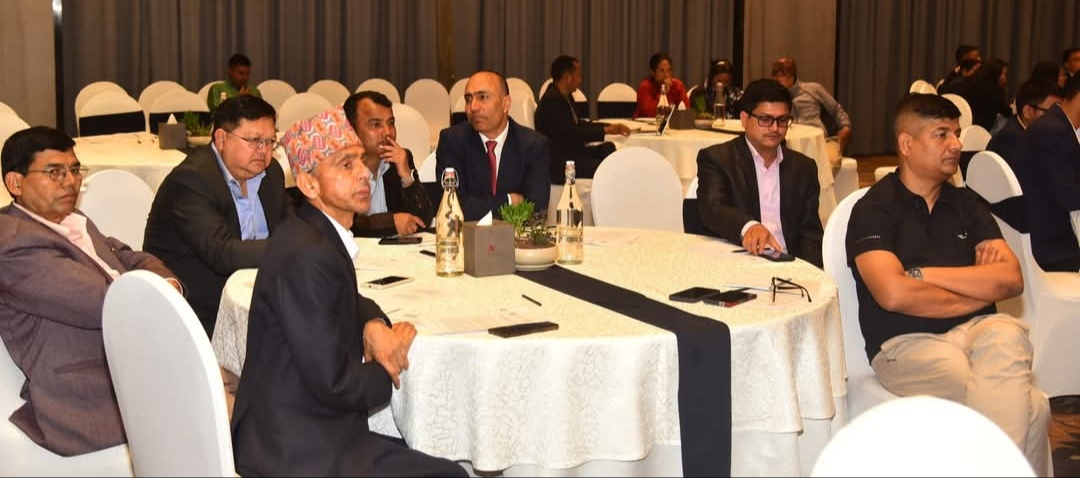Kathmandu, Nepal – The Food and Agriculture Organization of the United Nations (FAO), in collaboration with the Government of Nepal, concluded a groundbreaking Sensitization Clinic on embedding the human right to adequate food into Nepal’s national food systems. This event, marked by the active participation of civil society, farmers' associations, development partners, and UN agencies, highlighted a unified commitment to fostering equity, resilience, and sustainability within the country’s food systems.
The day long event served as a platform for diverse stakeholders to exchange ideas and strategize on transforming the right to food from a principle into a tangible reality for all Nepalis. Through insightful keynotes, dynamic panel discussions, and interactive group dialogues, participants explored innovative approaches to placing human rights at the center of Nepal's food system transformation.
Prominent government officials, representatives of farmers' associations, civil society leaders, and food security experts emphasized the critical importance of addressing systemic inequities in food production and distribution. They called for sustainable agricultural practices, inclusive policies, and stronger accountability mechanisms to uphold the right to adequate food.
“This sensitization clinic is a vital step in ensuring that the human right to adequate food is recognized not just as a policy framework but as a lived experience for every citizen,” said an FAO representative during the event.
Key outcomes of the clinic included:
1. Identifying priority areas for embedding human rights into national agricultural policies.
2. Strengthening collaboration between the government, civil society, and international partners.
3. Advocating for a rights-based approach to address food insecurity and malnutrition.
Participants underscored that building equitable and resilient food systems requires collective action and commitment from all stakeholders. With a significant portion of Nepal's population relying on agriculture for their livelihoods, this initiative aims to ensure that the benefits of sustainable food systems reach the most vulnerable communities.
As Nepal works toward achieving the Sustainable Development Goals (SDGs), particularly SDG 2 on ending hunger, this sensitization clinic stands as a beacon of hope and progress. The FAO and its partners reaffirmed their dedication to supporting Nepal in its journey to a more equitable, inclusive, and sustainable future.